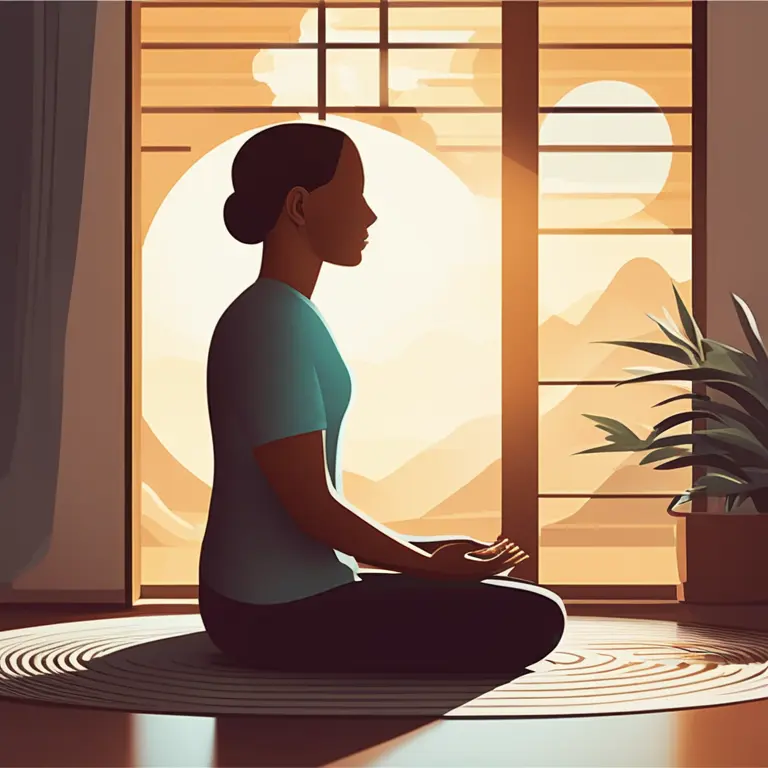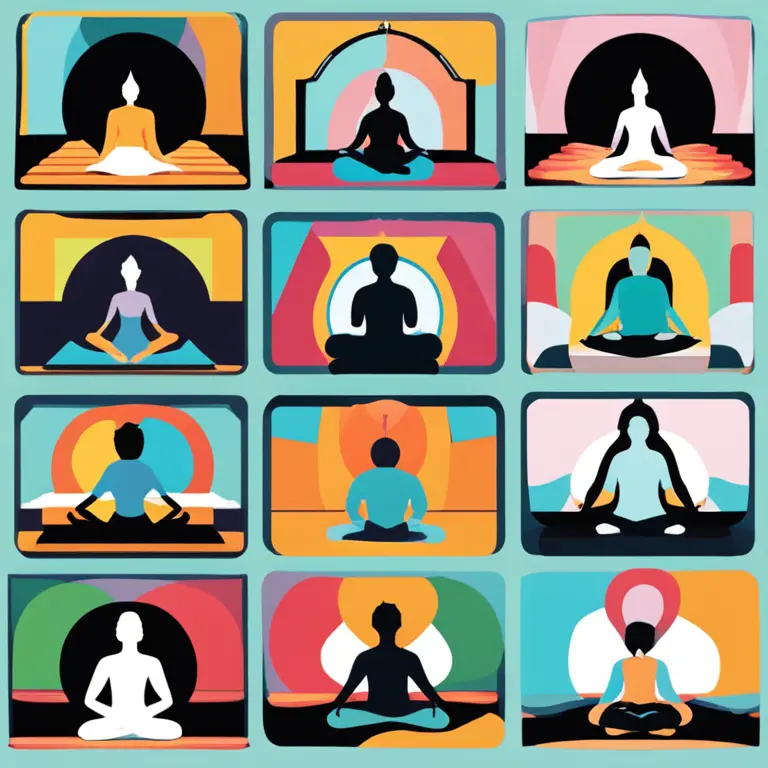
Calming the Mind: Does Meditation Ease Anxiety?
Discover the potential of meditation as an effective tool for reducing anxiety and promoting emotional well-being in our comprehensive article.
article by Hina Kurosawa
The Rising Tide of Anxiety
In a world perpetually connected and where change is the only constant, feelings of anxiety appear more prevalent than ever. Across the globe, individuals of all demographics are seeking solace from the unrelenting wave of stressors. A promising beacon of relief shines through the practice of meditation – an ancient technique, finding new relevance in our modern age. This article delves into the heart of the question: Can meditation truly help with anxiety?

Meditation Defined
Meditation is a millennia-old practice that comes in many forms, but at its core, it involves training the mind to achieve a state of focused relaxation and heightened awareness. Techniques range from mindfulness meditation, which emphasizes present-moment awareness, to transcendental meditation, which focuses on repeated mantras. Since the early 21st century, the surge in scientific research has brought meditation to the forefront as a legitimate adjunct treatment for anxiety.

Scientific Evidence Supporting Meditation
The relationship between meditation and mental health has been increasingly illuminated by research. A 2024 study published in 'The Journal of Positive Psychology' found significant decreases in anxiety symptoms among participants who practiced daily meditation over an eight-week period. Neuroimaging research has also revealed that consistent meditation can physically alter brain regions involved in anxiety regulation, such as the amygdala and prefrontal cortex, promoting a more resilient stress response.

Meditation as a Complementary Therapy
While not a panacea, meditation is gaining recognition in the medical community as a complementary therapy. Mental health professionals are beginning to integrate meditation techniques into traditional treatment plans. The American Psychological Association has cited meditation as a helpful practice for reducing anxiety, especially when combined with other therapeutic interventions such as cognitive-behavioral therapy (CBT).

Overcoming Barriers to Meditation
The journey to adopt meditation into one’s routine can face obstacles. Common misconceptions include the belief that meditation requires hours of silent, motionless sitting or that one must 'empty the mind' of all thoughts. Modern meditation resources, however, have demystified the practice, offering guided sessions and support that can harmonize with even the busiest lifestyles. Technology has further bridged the gap, with smartphone apps providing accessible platforms for guided meditation sessions.
Individual Differences in Meditation Experience
While meditation appears generally beneficial, it’s crucial to acknowledge that individual experiences may vary. What works for one person may not work for another. Consequently, meditation should be approached as a personal journey, one where individuals learn to tailor their practice to fit their unique mental landscape and lifestyle.
Starting Your Meditation Journey
For those interested in exploring meditation to alleviate anxiety, beginning with short, daily sessions is advisable. Resources are abundant – from local meditation centers to online courses. The key is to approach meditation with patience and an open mind. As with any skill, proficiency in meditation comes with consistent practice and dedication.
Published: 1/14/2024
Modified: 1/15/2024
More predictions
Come back here soon to learn more about yourself and your future


Calming the Storm: Mindfulness Meditation for Anger
Discover how mindfulness meditation can be a powerful tool for anger management, promoting inner peace and emotional balance.


Mindfulness Meditation: A Handbook for High Schoolers
Discover how mindfulness meditation can benefit high school students, enhancing focus, reducing stress, and promoting overall well-being.


Discovering Life with Meditation Mantras
Delve into the transformative power of meditation mantras to harmonize your mind, body, and spirit for a tranquil existence.